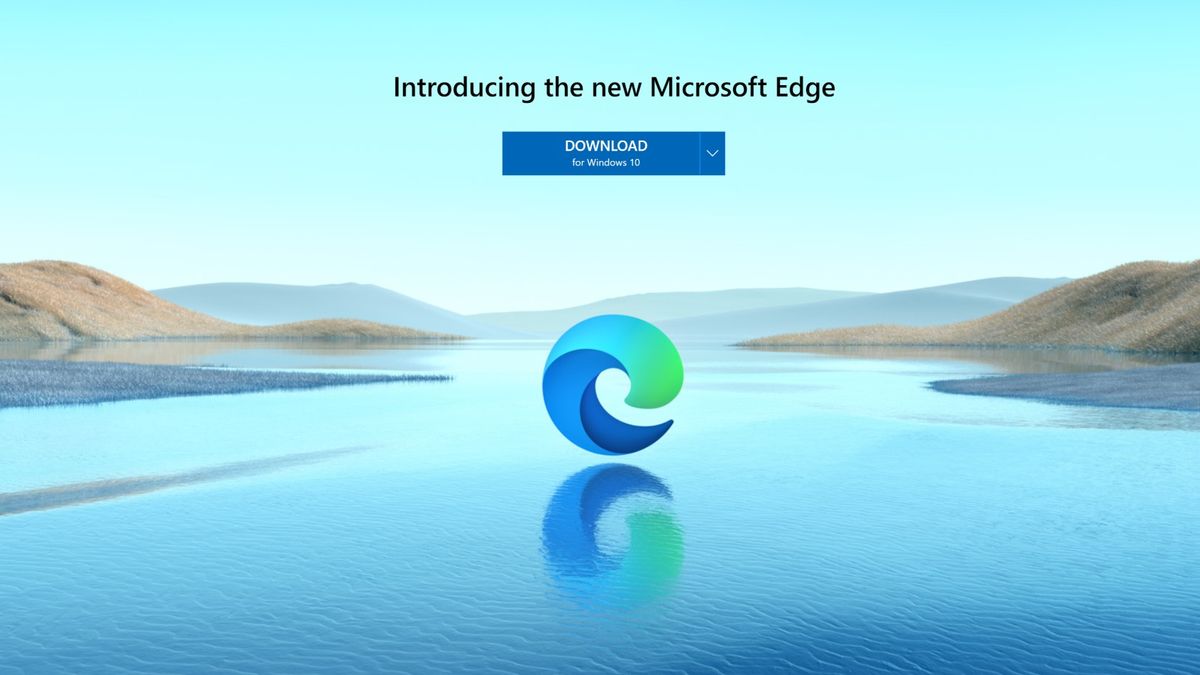Microsoft Edge gets a speed boost — and leaves Google Chrome in the dust
Startup boost and sleeping tabs make Edge faster and more efficient than ever

Microsoft announced during Build 2021 that its Edge browser is getting a serious performance boost that will make it the "best performing browser on Windows 10" when version 91 arrives later this week.
The company cited two reasons why Edge is a quicker browser than Chrome or Firefox. It supposedly comes down to Startup boost and sleeping tabs. Startup boost is a feature that launches Edge quicker by running a set of core processes in the background without bogging your computer down when Edge windows are open. This means Edge will be much quicker to load upon opening it for the first time in a new session.
- Microsoft Edge vs. Google Chrome: Which browser is best?
- Microsoft 365 review
The second major reason Edge has, well, an edge over Chrome is because of a sleeping tabs feature. When you're using multiple browser tabs simultaneously (as we all do), sleeping tabs optimizes the performance of the browser by freeing system resources from unused tabs. With this latest update, sleeping tabs will generate another 82% memory savings based on Microsoft's own testing.
How exactly does it work? Imagine you have two dozen tabs open but you're only using two or three during a session. Edge will instantly put ads to sleep on those tabs you have in the background to save resources.
Edge is unquestionably a better browser than the now-extinct Internet Explorer thanks, in part, to Google for its open-source Chromium platform. Edge offers a very similar experience to Chrome but with useful additions and performance perks that Microsoft brings to the table.
Stay in the know with Laptop Mag
Get our in-depth reviews, helpful tips, great deals, and the biggest news stories delivered to your inbox.
Phillip Tracy is the assistant managing editor at Laptop Mag where he reviews laptops, phones and other gadgets while covering the latest industry news. After graduating with a journalism degree from the University of Texas at Austin, Phillip became a tech reporter at the Daily Dot. There, he wrote reviews for a range of gadgets and covered everything from social media trends to cybersecurity. Prior to that, he wrote for RCR Wireless News covering 5G and IoT. When he's not tinkering with devices, you can find Phillip playing video games, reading, traveling or watching soccer.
